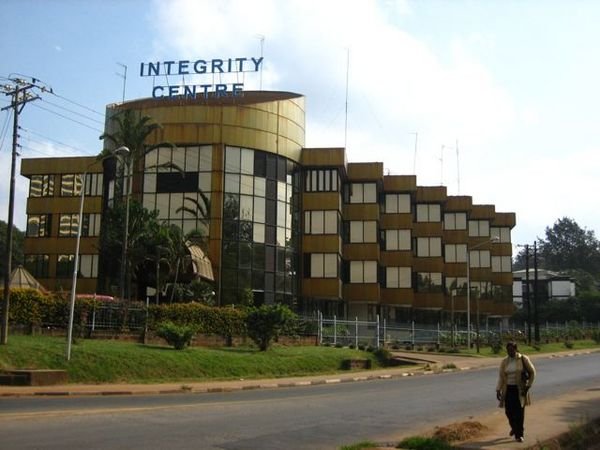The Proceeds of Crime and Anti-Money Laundering proposed reforms

The National Treasury has published the Proceeds of Crime and Anti-Money Laundering Criminal Assets Recovery Fund Administration Regulations of 2020.
Criminal Assets Recovery Fund
The draft Regulations are a good step in the implementation of Part XI of the Proceeds of Crime and Anti-Money Laundering Act, 2009 which provides for the establishment of the Criminal Assets Recovery Fund. The Fund will receive all money confiscated or forfeited to the government under the Proceed of Crime and Anti-Money Laundering Act.
Criminal Assets Recovery Fund Committee
The regulations also establish a committee to be known as the Criminal Assets Recovery Fund Committee. This committee will comprise the:
- Attorney-General, who will be the chairperson,
- PS Treasury,
- Director General of the National Intelligence Service (NIS),
- CBK Governor,
- Director General of the Financial Reporting Centre and
- EACC chief executive officer.
- Kenya Revenue Authority Commissioner General,
- the DPP,
- Director of Criminal Investigations (DCI) and
- an Administrator of the Fund, who will be the secretary of the Committee.
The Fund will receive, manage and transfer all property derived from confiscation and forfeiture or any funds repatriated from abroad through mutual legal assistance. The regulations propose to use the fund to build capacities for law enforcement and criminal justice in the country.
The regulations state that the disbursements from the Fund shall be approved and minuted by the Committee in respect of confiscated assets. Third party claims will be required to provide a court order to be compensated after approval by the committee. The operations of the Fund shall be reviewed every 10 years.
Key Concerns
- The Act envisions the Asset Recovery Agency administering the Fund and remitting the assets confiscated to the Consolidated Fund.
- The Regulations seem to suggest an administration regime that is not in line with the Act.
- The regulations also suggest different use of the recovered assets from what was envisioned in the Act.
- This brings a conflict because the Statutory Instruments Act states that where the provisions of Regulations contradict the parent Act, the provisions of the Act will prevail.
- The draft regulations as currently drafted has some clauses that would be seemingly unlawful if enacted as they are.
Way Forward
To avoid litigation on its constitutionality after enactment, Treasury should amend the Act then enact the Regulations as they are.

